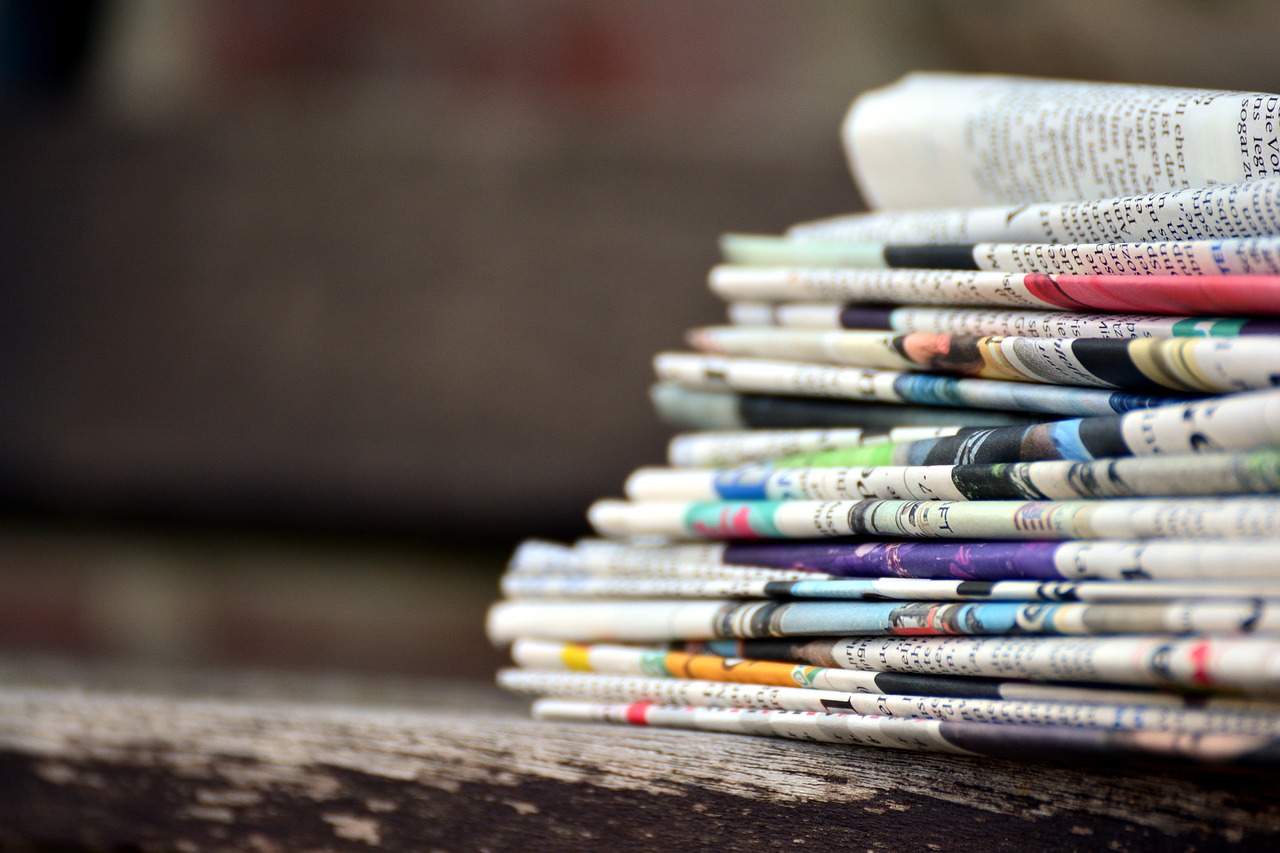We don’t trust governments, and not even media. Edelman’s 2022 Trust Barometer only saves businesses: people look at CEOs and private companies for authoritativeness and viable solutions to global issues such as economic uncertainty, climate change, social inequalities.
According to the report, media are trapped in a vicious cycle of distrust. Globally, a majority of people believe they are being lied to by journalists (67% of respondents, up 8 points from 2021 edition), nearly one out of every two respondents define media as a divisive force in society.
Trust in all news sources has dropped over the last decade. Social media experienced the sharpest decline (about 8 points) followed by traditional media (5 points) and search engines (3 points). People are increasingly worried about misinformation, 76% are concerned over fake news being used as a weapon, and feel journalists are not reliable as fact checkers.
Where does this distrust come from? Once blamed for being partial and serving powerful leaders, today media have a different reputational issue.
Colbert I. King, the Pulitzer Prize-winning columnist with the Washington Post, writes: “We, the news media, are on the way to becoming a mainstay in the entertainment industry. As with showbiz, Hollywood and purveyors of theatrical entertainment, the news media has slipped into overdrive to come up with ways in which to make ourselves more interesting to read and watch. And we are doing it because we confront the same fate as Broadway, the circus and the concert stage: without public engagement, we, like them, are nothing”.
It’s probably this mix of information, false news and clickbaiting to annoy and distance even the most loyal readers (latest ADS data about Italian news dailies and magazines show a plummeting the readership).
Questioned about the future of media, several analysts – Politico in the US and Il Post in Italy, just to mention a couple of examples – don’t fear the end of printed papers or the advent of a totally disintermediated news consumption.
What they fear most, is that media will be driven towards tough choices by the failure of their business model, which is basically based on paid copies and advertisements. As a result, we may face a scissor-like separation between quality information, restricted to an élite of people who can recognize and pay it, and inaccurate, scarcely verifies news, ambiguously blended with advertising, that will be available for those how are less financially or culturally privileged.
Paying users are those who trust media. But this distance between “Haves” and “Have Nots” will bring more inequality and harm those who would need better information.
Will lies be free, and the truth paywalled?




